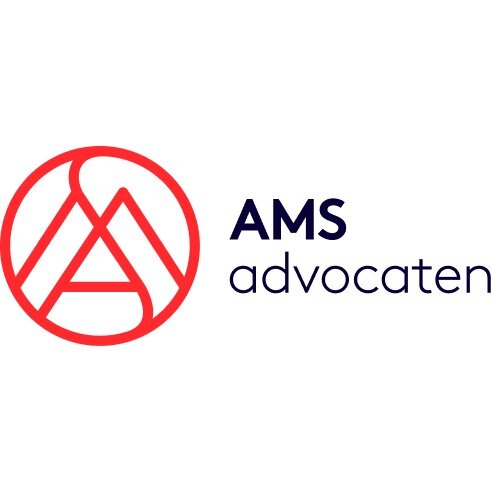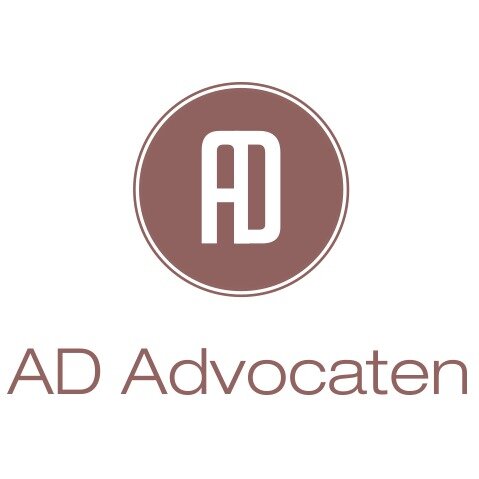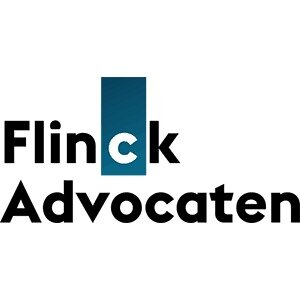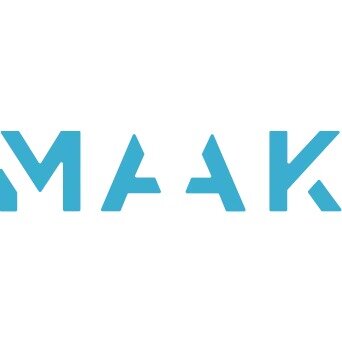Best Banking & Finance Lawyers in Amsterdam
Share your needs with us, get contacted by law firms.
Free. Takes 2 min.
List of the best lawyers in Amsterdam, Netherlands
About Banking & Finance Law in Amsterdam, Netherlands:
Amsterdam is a premier hub for international banking and finance, housing numerous multinational banks, financial institutions, fintech companies, and insurance firms. The Dutch banking and finance law is characterized by stringent regulations and a robust supervisory framework in line with European Union directives. It comprises provisions related to consumer lending, mortgages, banking secrecy, prevention of money laundering, and banking insolvency, among others.
Why You May Need a Lawyer:
In the field of banking and finance, there are several situations where the assistance of a lawyer can prove to be invaluable. These can include setting up a new business and acquiring necessary permits, due diligence, negotiating and drafting financial contracts, handling disputes related to loans or payments, navigating bankruptcy or insolvency proceedings, and ensuring compliance with the complex regulatory framework. Moreover, lawyers can help in dealing with issues around mergers and acquisitions, capital markets, or structured finance.
Local Laws Overview:
Key aspects of local laws applicable to banking and finance in Amsterdam involve the Banking Act and Financial Supervision Act. They oversee financial services providers' functioning, ensure customer protection, and monitor against fraudulent activities. Furthermore, the Dutch Central Bank (DNB) and the Netherlands Authority for Financial Markets (AFM) are primary regulatory bodies that enforce these banking & finance laws. The GDPR (General Data Protection Regulation) plays an essential role in data privacy in all financial transactions.
Frequently Asked Questions:
What is the role of the Dutch Central Bank (DNB)?
The DNB oversees all financial institutions in the Netherlands to ensure stability and integrity in the financial markets. It is also responsible for issuing licenses to these institutions and can impose sanctions if necessary.
How is customer data protected in financial transactions?
Customer data is protected under the General Data Protection Regulation (GDPR), which prescribes strict measures for data privacy in all financial transactions.
What is the process for resolving financial disputes?
Financial disputes can be resolved through various processes such as negotiation, mediation, arbitration or litigation. The choice of process usually depends upon the nature of the dispute and the desire of the parties involved.
What is the banking secrecy law in the Netherlands?
Dutch law requires banks to protect the confidentiality of their customers. Any violation of banking secrecy can lead to penalties and other legal consequences.
Can I set up my own financial institution in Amsterdam?
Yes, but it would involve fulfilling various regulatory obligations, acquiring necessary licenses from the DNB, and ensuring compliance with all relevant laws. An attorney can guide you through this process.
Additional Resources:
For additional resources, one can refer to the official websites of the Dutch Central Bank (DNB) and the Netherlands Authority for the Financial Markets (AFM). These websites contain detailed information on legislation, practices, and regulatory announcements. The EU's official website can also provide helpful directives and regulations in the field of banking and finance law.
Next Steps:
If you require legal assistance in banking and finance, start by researching for professional legal firms or lawyers specializing in this field in Amsterdam. Once you have shortlisted potential lawyers, set up preliminary consultations to discuss your situation and understand the possible legal strategies. It's crucial also to understand their charges and services, ensuring your rights and interests are effectively represented and protected.
Lawzana helps you find the best lawyers and law firms in Amsterdam through a curated and pre-screened list of qualified legal professionals. Our platform offers rankings and detailed profiles of attorneys and law firms, allowing you to compare based on practice areas, including Banking & Finance, experience, and client feedback.
Each profile includes a description of the firm's areas of practice, client reviews, team members and partners, year of establishment, spoken languages, office locations, contact information, social media presence, and any published articles or resources. Most firms on our platform speak English and are experienced in both local and international legal matters.
Get a quote from top-rated law firms in Amsterdam, Netherlands — quickly, securely, and without unnecessary hassle.
Disclaimer:
The information provided on this page is for general informational purposes only and does not constitute legal advice. While we strive to ensure the accuracy and relevance of the content, legal information may change over time, and interpretations of the law can vary. You should always consult with a qualified legal professional for advice specific to your situation.
We disclaim all liability for actions taken or not taken based on the content of this page. If you believe any information is incorrect or outdated, please contact us, and we will review and update it where appropriate.
Browse banking & finance law firms by service in Amsterdam, Netherlands
Amsterdam, Netherlands Attorneys in related practice areas.













